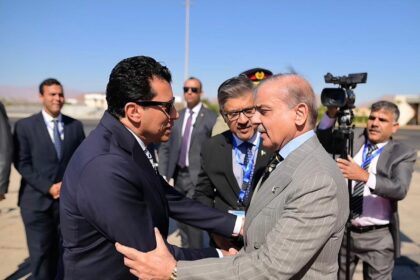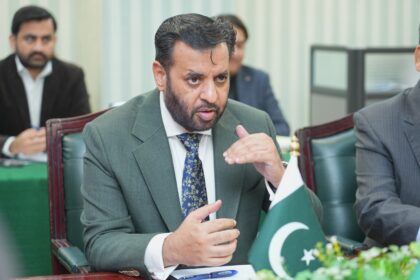The Kashmir Black Day event in New York urged immediate implementation of UNSC resolutions to secure the right to self-determination for the people of Jammu and Kashmir. Hosted jointly by Pakistan’s Permanent Mission to the United Nations and the Consulate General in New York, the gathering centred on the theme of demographic engineering and a colonial-settler project in Indian Illegally Occupied Jammu and Kashmir and drew Kashmiri community representatives, activists and legal experts.
Ambassador Asim Iftikhar Ahmad, Pakistan’s Permanent Representative to the UN, reaffirmed Pakistan’s steadfast support for the Kashmiri cause, noting that Islamabad continues to raise the dispute at the United Nations across human rights, legal status and peace and security dimensions. He stressed there is national consensus in Pakistan backing Kashmiri aspirations and urged the international community to honour commitments reflected in UNSC resolutions.
The ambassador warned that India’s unilateral measures since August 2019, including land confiscations, new domicile laws and gerrymandering, amount to demographic engineering and form part of a colonial settler project in clear violation of the Fourth Geneva Convention. He drew parallels with other occupations and argued that the International Court of Justice advisory opinion on occupation carries important implications for Jammu and Kashmir, calling for a thorough assessment of the impact of coercive policies on Kashmiri rights and identity.
Aamer Ahmad Atozai, Consul General of Pakistan in New York, paid tribute to Kashmiri resilience and described their continued resistance as an enduring story of sacrifice. He recalled India’s revocation of Jammu and Kashmir’s special status on August 5, 2019, as an attempt to erase identity and alter demographics, calling the move a violation of UN mandates and international humanitarian law. He said history shows that the voice of justice cannot be silenced.
Saud Sultan, author of Jammu & Kashmir: The Forgotten Narrative, framed the dispute in terms of settler colonialism and historical erasure, stressing that Kashmiri voices have been excluded from mainstream narratives. He referenced past atrocities such as the Jammu Massacre to underline attempts to obscure truth and urged renewed intellectual engagement with the Kashmiri story. On the occasion he presented his book to Ambassador Asim Iftikhar Ahmad and Consul General Aamer Ahmad Atozai.
Ejaz A. Sabir delivered a legal appraisal invoking the Fourth Geneva Convention, the UN Charter and the International Covenant on Civil and Political Rights. He argued that India’s demographic reengineering and population transfers breach international humanitarian law and stressed that eighteen UN resolutions affirm Kashmir’s disputed status and the people’s inalienable right to self-determination, reiterating the need for implementation of UNSC resolutions as a legal and moral imperative.
Veteran leader Sardar Sawar Khan recounted the early history of the occupation in 1947 and criticised Indian leadership for actions he described as illegal and immoral, while Raja Mukhtar Khan of JKLF USA underscored the absence of meaningful dialogue from India’s side and thanked Pakistan for sustained diplomatic advocacy. Activist Taj Khan highlighted growing global scrutiny of Indian policies and warned of links to other foreign models of occupation.
Messages from the President and the Prime Minister of Pakistan were read by Ambassador Usman Jadoon and Minister Asif Khan, underscoring Islamabad’s continued solidarity. Speakers called on the international community, particularly the United Nations, to act decisively to uphold international law and to ensure that the Kashmiri people can determine their future in accordance with UNSC resolutions.











